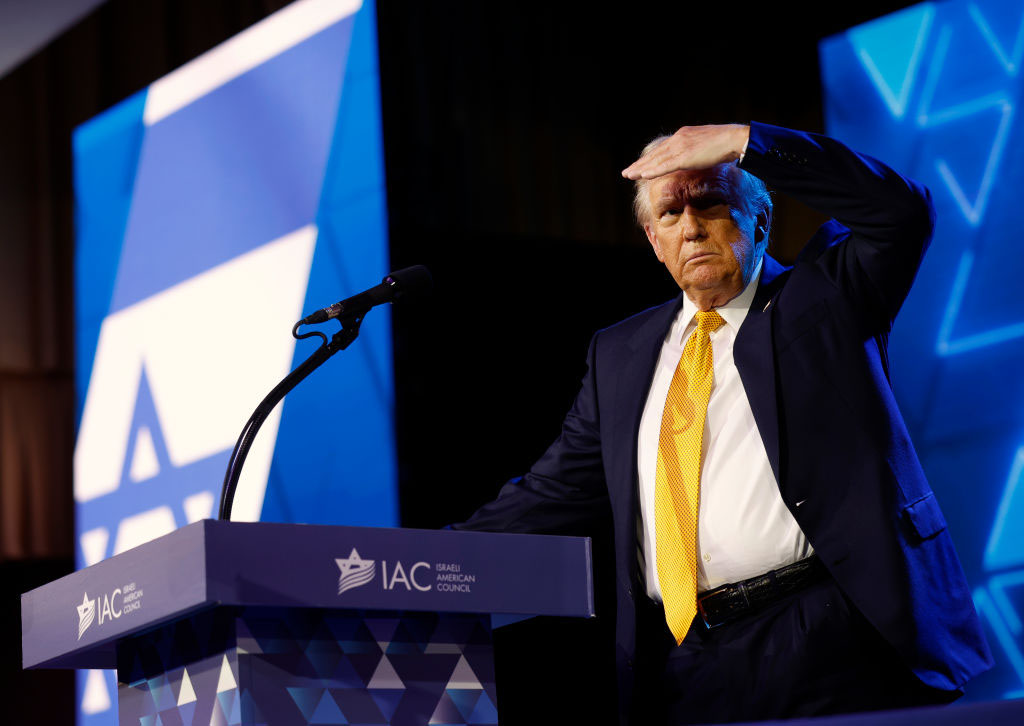
Eight years ago, after taking the initial overseas trip of his first term to Saudi Arabia, Trump made a point of spending time in Israel before returning to the U.S. But this week, the American president’s visit to the Middle East will include a return to Saudi Arabia, followed instead by stops in Qatar and the United Arab Emirates with no time at all in the Jewish state. Trump’s travels are designed to focus on economic matters rather than the security-related issues that normally dominate conversations in the region. But coupled with several recent Trump administration announcements that indicate a divergence of interests between the United States and its longtime ally, such a snub may indicate a greater challenge than simply logistics and travel time.
The most notable disagreement has been over Trump’s outreach to Iran. When Israeli Prime Minister Benjamin Netanyahu came to the White House last month attempting to negotiate relief for Israel from Trump’s proposed tariffs, he was not only rebuffed on the trade barriers but was completely blindsided by Trump’s announcement that he would restart direct negotiations with Iran over that country’s nuclear capacity. Several administration officials, including Vice President JD Vance and Secretary of State Marco Rubio, have since indicated that Iran might be able to maintain civilian nuclear capability, closely mirroring the controversial JCPA treaty that Barack Obama signed in 2015 and reflecting a concession to which Israel has been strenuously opposed for many years. Despite bipartisan opposition to such a gift for the mullahs, Trump indicated last week that no decision had yet been made on this issue, leaving open the possibility that Iran might gain relief from international economic sanctions while still progressing toward full nuclear capability.
Also of great concern to Israel and its supporters were reports last week that Trump was no longer demanding that Saudi Arabia recognize Israel as part of a broader pact with the United States. For years, an expansion of the Abraham Accords has been a top priority for both the U.S. and Israel. The primary incentive for Saudi Arabia has been enhanced access to American weaponry and a closer security and defense relationship between the two countries. But it now appears that Trump is willing to forego a normalization of Saudi-Israeli relations in order to accomplish his economic goals.
At the same time, Trump’s representatives were finalizing a ceasefire with the Houthi terrorists who have been using Yemen as a staging ground for attacks throughout the Gaza War. But this agreement noticeably did not include Israel, a critical oversight that appeared to greatly surprise Netanyahu. Trump has also reportedly pressured Israel to let aid into Gaza, following a two-month stoppage. (These two steps seem to have sufficiently encouraged Hamas to attempt to drive even a deeper wedge between the U.S. and Israel by releasing Edan Alexander, the only remaining American hostage, just before Trump’s departure for the Middle East.)
Trump has always asserted a steadfast support for Israel, through his first term in office and all three of his campaigns, to a point where many American Jews would have preferred that he deal with Netanyahu more forcefully. What has changed?
In a word, Gaza. Throughout last year’s campaign, Trump promised to bring an immediate end to the Hamas-Israel war, threatening the terrorists with dire consequences if they did not cooperate. But just as Trump has discovered in Ukraine, ending a war can be more complicated than it appears. As the fighting in Gaza continues to escalate, and Netanyahu moves forward with his more aggressive plans for the region, Trump seems less willing to publicly associate himself with the Jewish state.
Despite Trump’s frustrations with both wars, the Gaza challenge is still much different from that in Ukraine. Trump obviously does not maintain the type of affection or admiration for Hamas’ leaders as he does for Vladimir Putin, so he will never criticize Netanyahu the way he has often scorned Volodymyr Zelensky. But his enthusiasm for Israel has clearly diminished. The question now is what will bring it back.
Dan Schnur is the U.S. Politics Editor for the Jewish Journal. He teaches courses in politics, communications, and leadership at UC Berkeley, USC and Pepperdine. He hosts the monthly webinar “The Dan Schnur Political Report” for the Los Angeles World Affairs Council & Town Hall. Follow Dan’s work at www.danschnurpolitics.com.













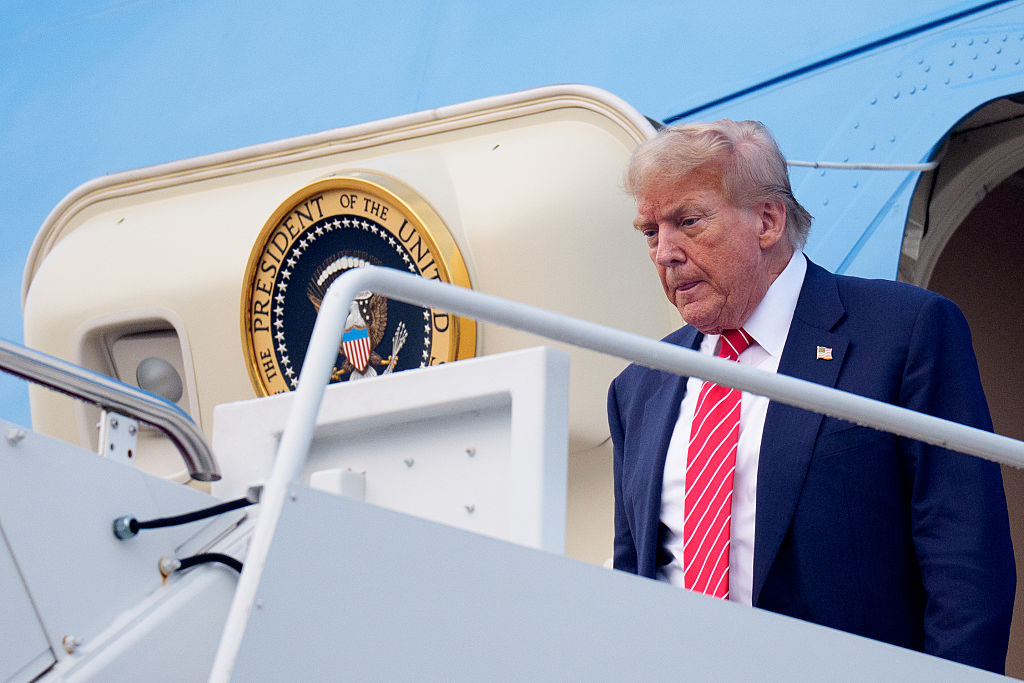



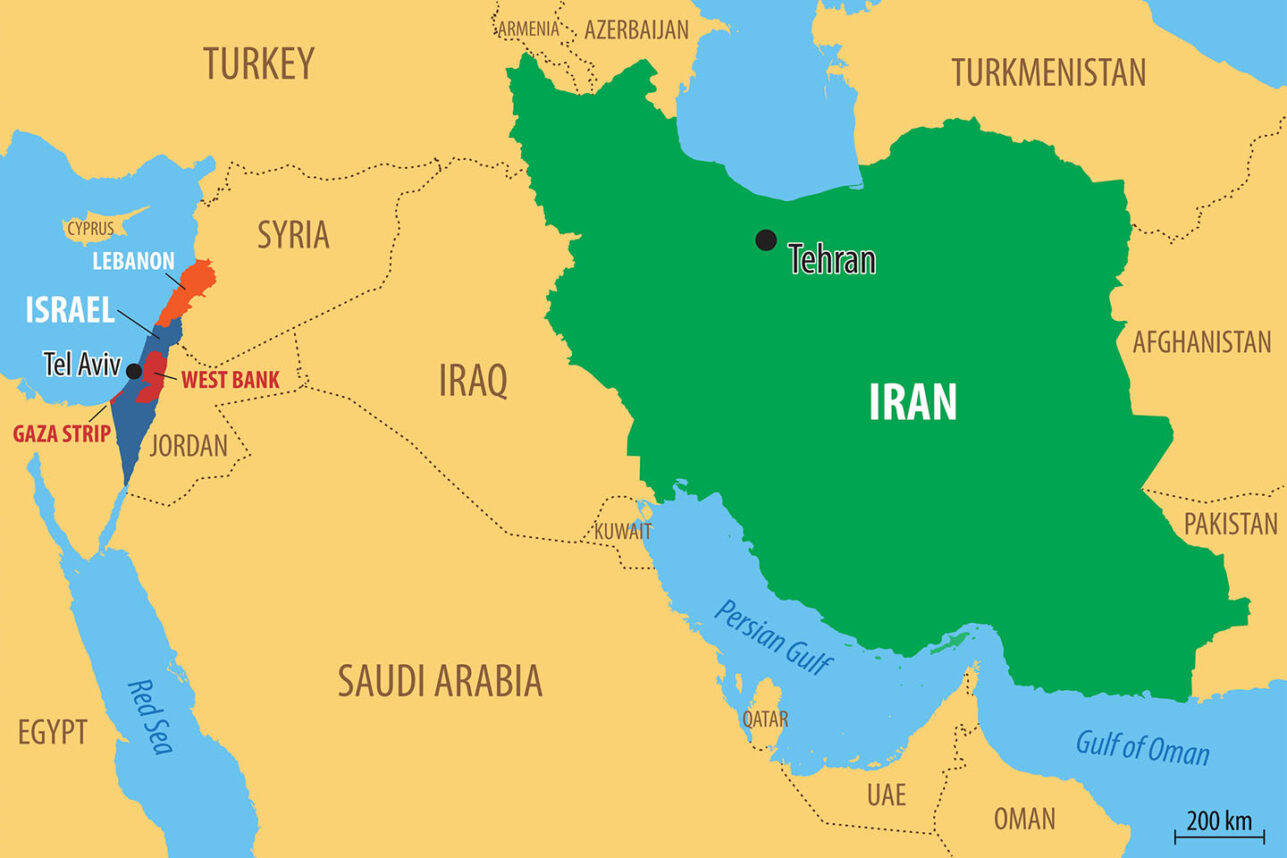






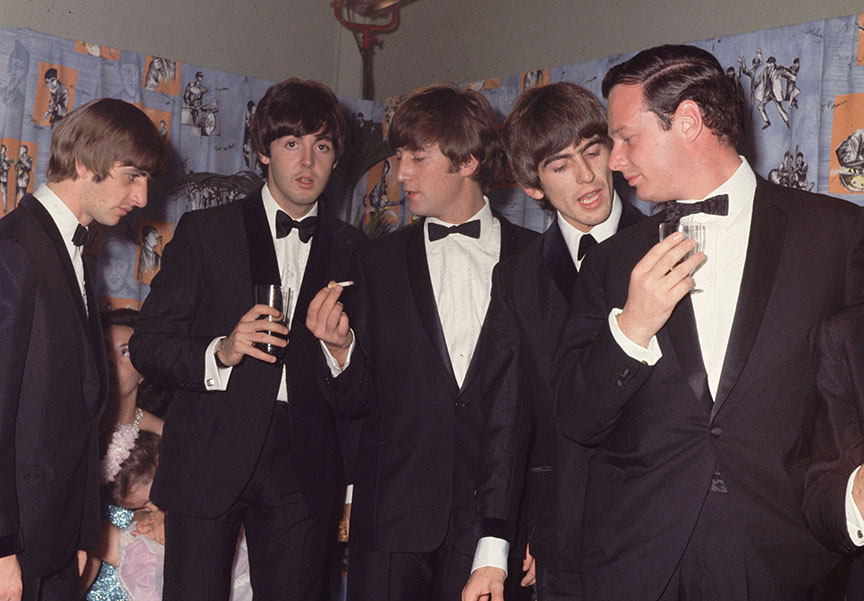




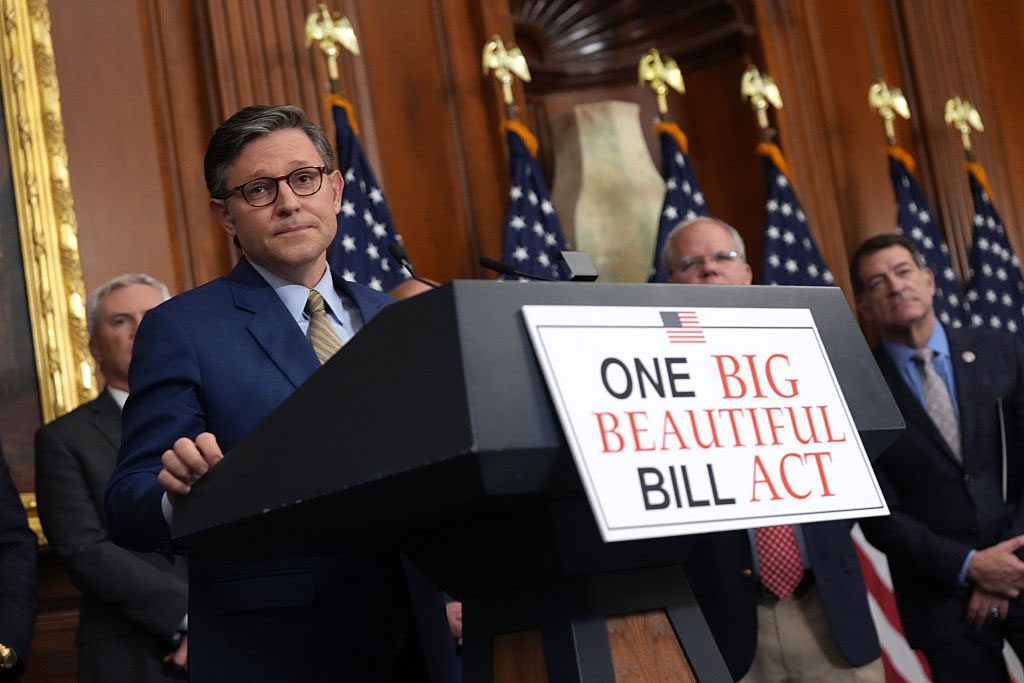
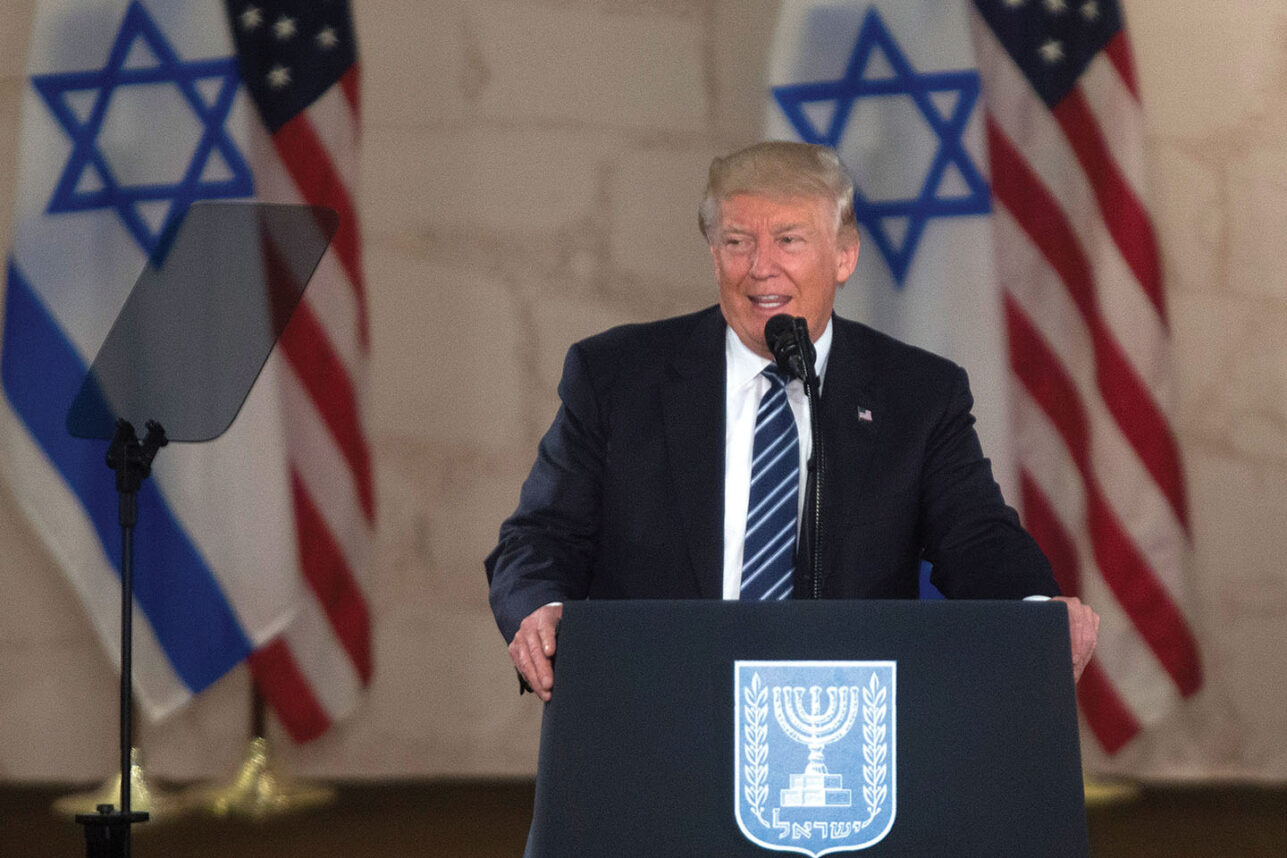



 More news and opinions than at a Shabbat dinner, right in your inbox.
More news and opinions than at a Shabbat dinner, right in your inbox.